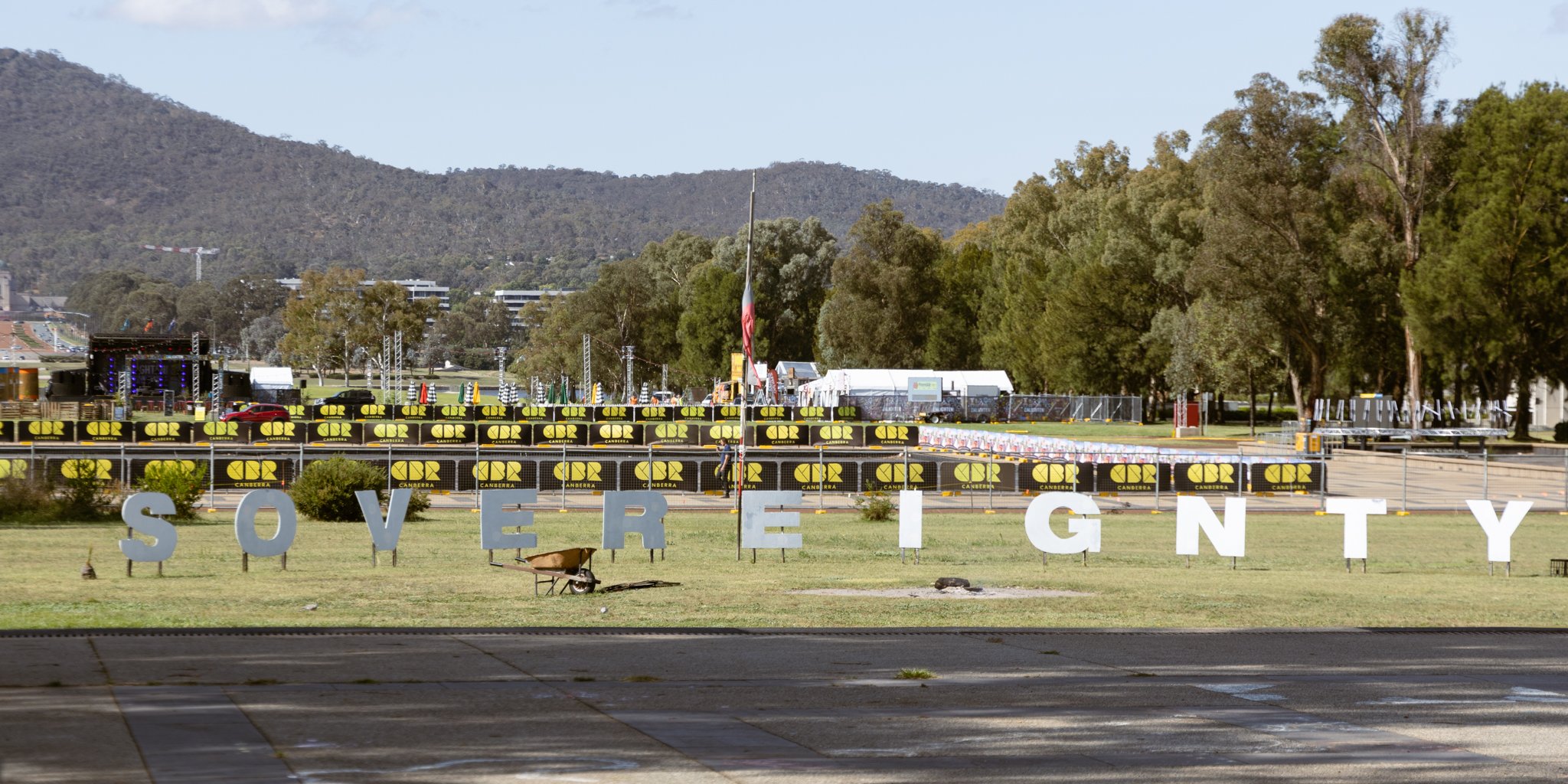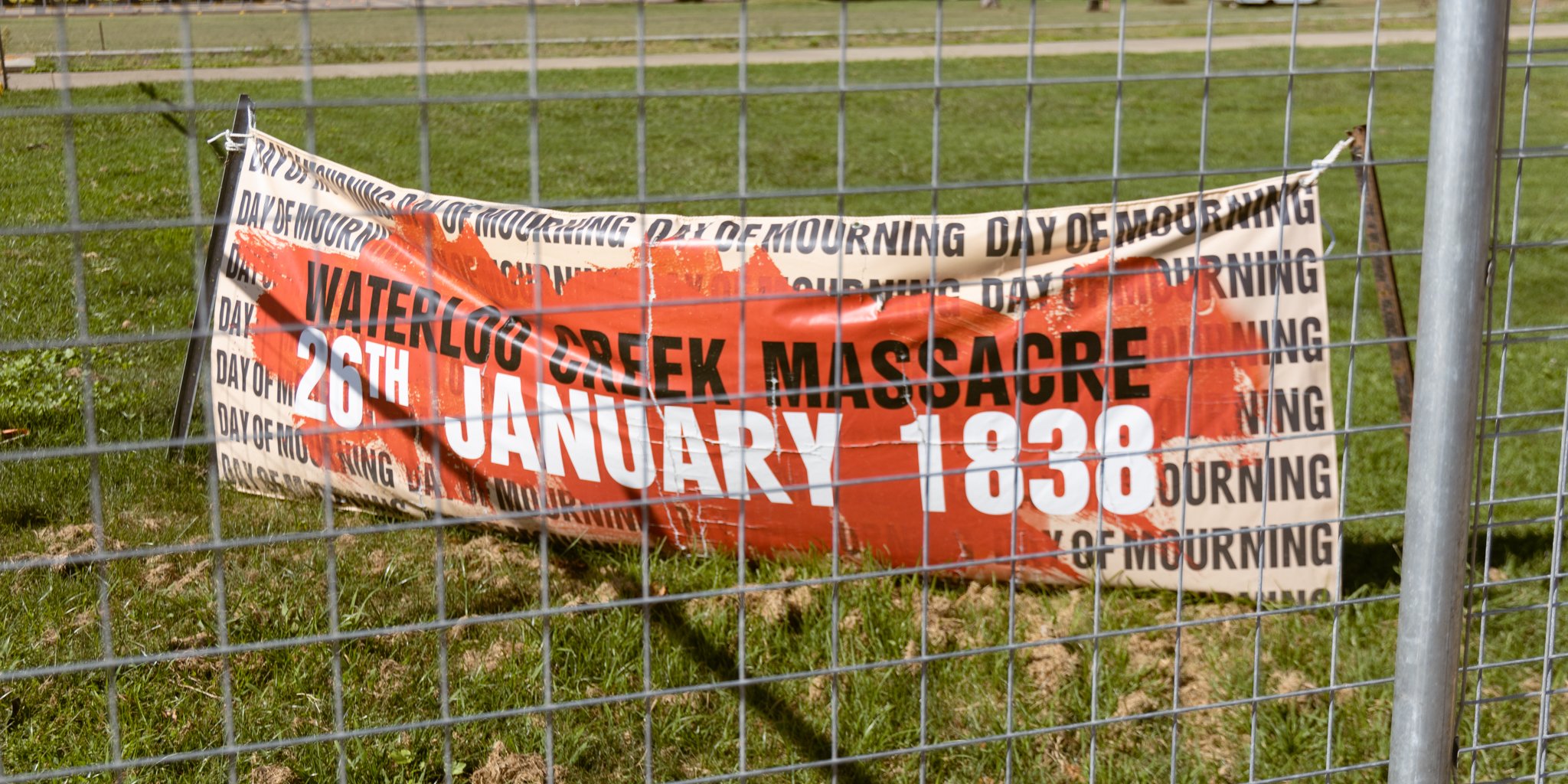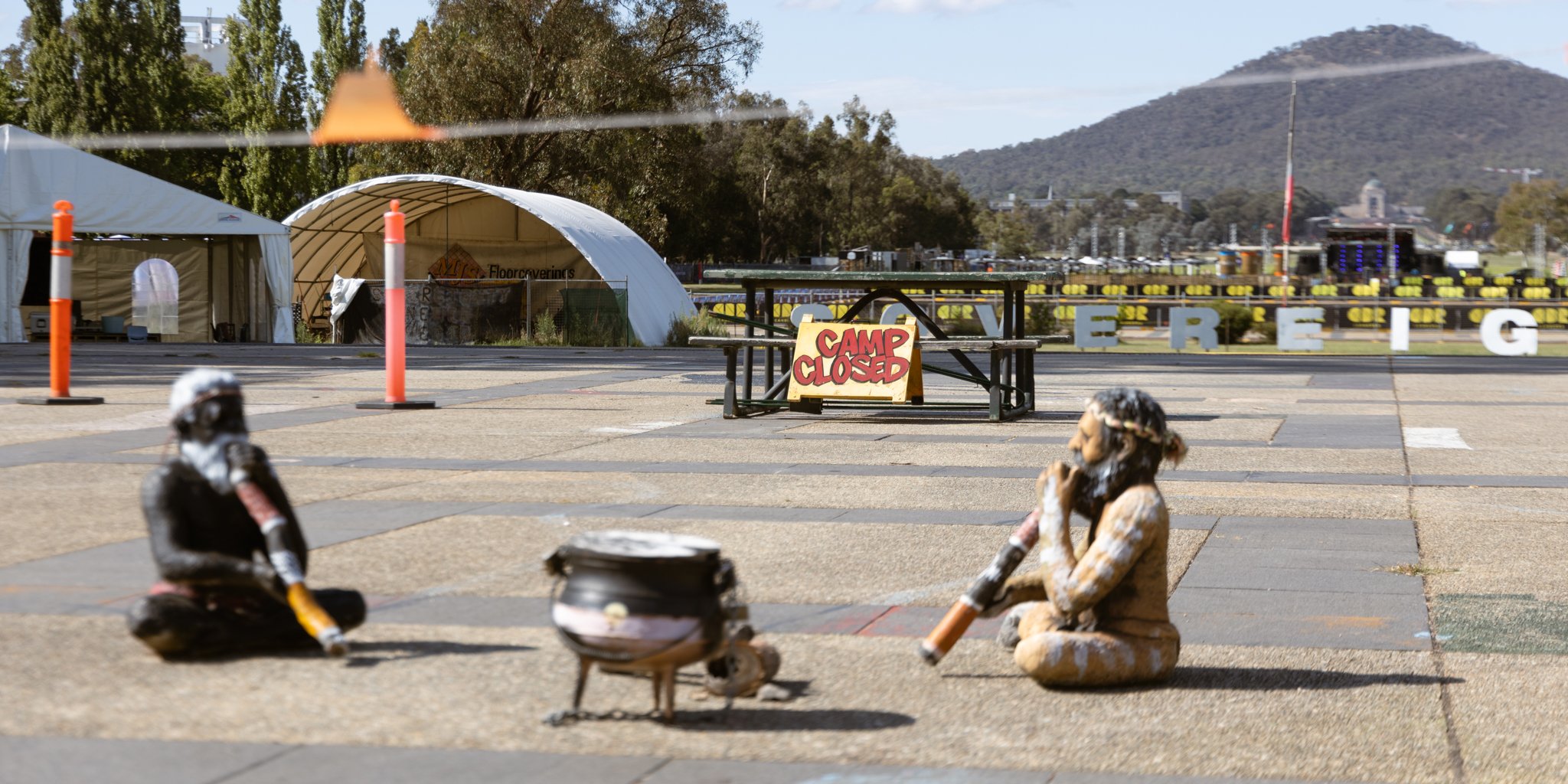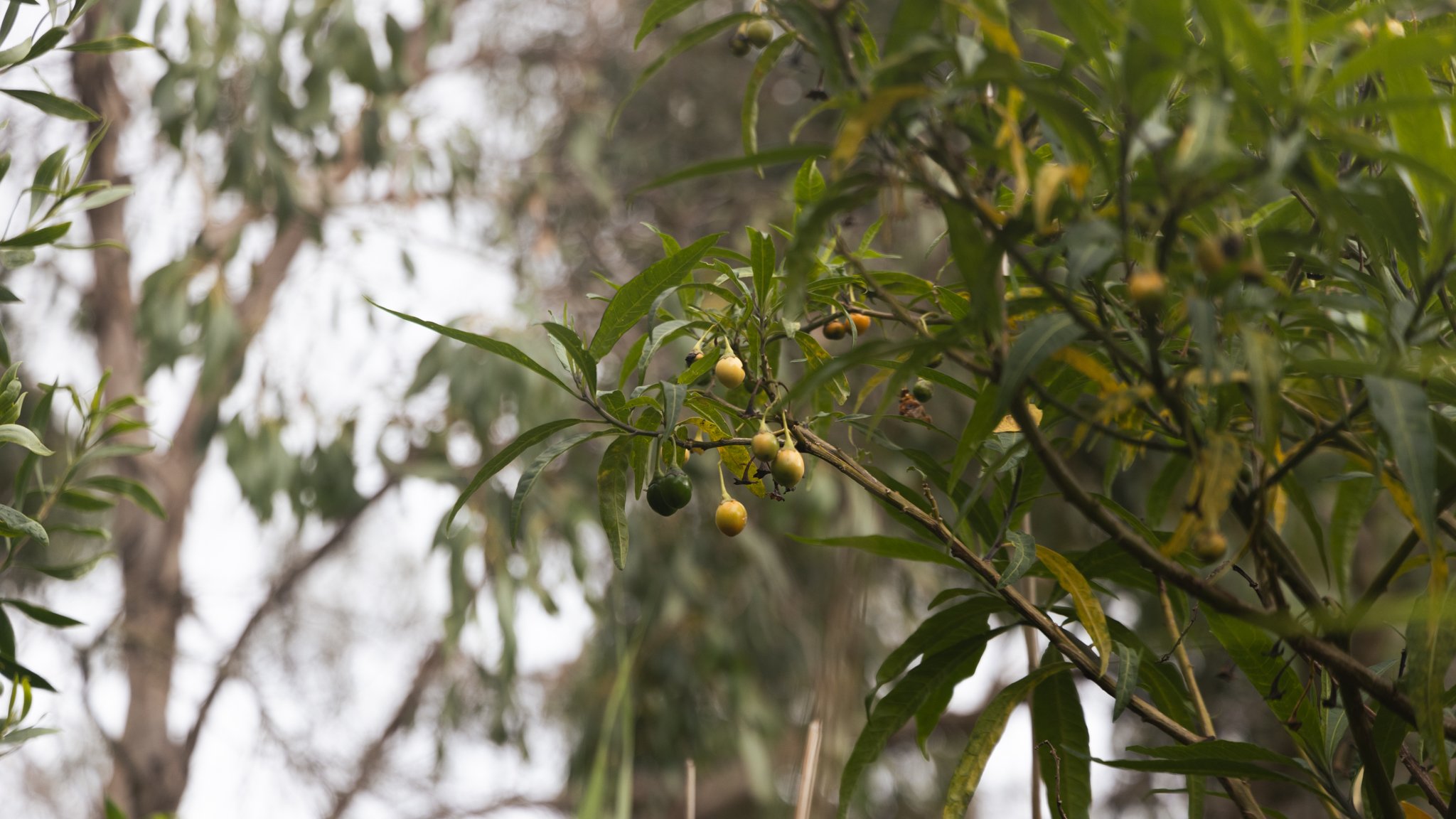
Divided Voices
Perspectives within the Aboriginal Communities on the Referendum for an Aboriginal Voice
This fall, Australia will vote on a referendum. If successful, the existence of Aboriginal people as the first inhabitants of the continent will be mentioned in the constitution for the first time. In addition to this institutional recognition, an Aboriginal Committee would be created to advise the government on issues of particular importance to Aboriginal people, such as affordable housing or health care.
The upcoming referendum on an Aboriginal voice in the Australian constitution has ignited debates among Aboriginal and Torres Strait Islander activists. Some argue against its implementation, citing concerns that it is a purely symbolic gesture without true inclusion in political decision-making. However, others recognize the potential of the upcoming 2023 Australian Indigenous Voice referendum to address their long-standing grievances.
During my trip across Australia, I had the privilege of meeting Aboriginal activists and engaging in conversations about the upcoming vote. In this photoreportage, I focus on two distinct stories that left a lasting impact on me. The aim is to shed light on the struggle of the Aborigines and Torres Strait Islanders communities for recognition and self-determination.



Canberra, March 2023
Embarking on a journey to the capital city of Canberra, I was drawn to a place of immense significance for the Indigenous people of Australia—the Aboriginal Tent Embassy. Established in 1972, it emerged as a symbol of resistance, representing the ongoing fight for justice and recognition for the Aboriginal and Torres Strait Islander peoples of Australia. The name "Embassy" was deliberately chosen to emphasize, that the indigenous people feel as foreigners on their own land - dispossessed, oppressed and exploited.
As I arrived and stepped out of the car, the scorching heat enveloped me, and a profound silence filled the air, contrasting the bustling nature of a typical capital city. I approached the tent embassy with a mix of anticipation and curiosity. Through the bars I could see various billboards. One striking message stood out: "Vote No to Referendum - We deserve more than a Voice."


Unfortunately the embassy was temporarily closed during my visit and I could therefore not talk to any indigenous activists, who campaign against the vote. In an interview (SRF) in January, camp activist Murriguel Coe argued that an aboriginal committee in the parliament was not enough. He stressed that the government should instead recognize the sovereignty of indigenous people over their lands and not just give them symbolic power in the form of an advisory committee.
This viewpoint was also etched into the surroundings of the Aboriginal Tent Embassy. There were various revolutionary slogans, posters decrying police violence, and reminders of colonial massacres. These words encapsulated the frustration and yearning for substantial change among the Indigenous community, highlighting their desire for genuine empowerment beyond symbolic gestures.



Tower Hill, March 2023
Two weeks after my visit to the Australian capital, I drove down the coast of the state of Victoria. Just before the famous Great Ocean Road, I discovered a small national park, the Tower Hill Wildlife reserve. Located in an extinct volcanic crater, this biodiverse wetland is home to countless native species. I became aware of this place on Google Maps when I searched for Aboriginal-guided tours. An aboriginal led tour in Australia gives much more depth into the history and spiritual significance of certain places.
Our aboriginal guide on this day was Brett Clark. He belongs to the local Keerray Woorong tribe from the Gunditjmara Nation. During our tour, Brett enlightened us about the colonial past of the region. His family witnessed the genocidal destruction of Aboriginal life and culture in the Tower Hill area. After a brief peaceful coexistence, the British settlers began to claim aboriginal lands and subjugated the aboriginal people. They began slaughtering, poisoning, and persecuting the Gunditjmara. The British not only drive the indigenous people from their land, but also destroyed the native flora and fauna. They razed the entire ecosystem to the ground.The destruction and exploitation of land and people went hand in hand.



Besides guiding tours Brett is also an aboriginal musician and activist. He is strongly engaged to bring back the knowledge and culture of his ancestors by supporting and leading initiatives. There are several ways of reviving aboriginal practices; teaching his almost extinct language, visiting local schools to raise awareness about the historical injustices and relearning how to use native plants for medical purposes.
Brett is a strong advocate for more support for Aboriginal communities, who have historically and structurally been disadvantaged in Australia. Access to a better health care system, affordable housing and assuring land rights would be important steps towards a real improvement in living conditions. Nevertheless Brett is in favor of the Vote for an Aboriginal Voice. He says: “Of course, the referendum does not bring any direct structural change, but it’s a positive step in the right direction. Changes is slow - always has been - always will be.”



At the time of the interview (Spring 2023), a large majority of Australians would have supported the referendum. However, the vote forecasts for August 2023 predict that the bill will be defeated at the ballot box. This is mainly due to right-wing nationalist groups and parties that are deliberately inciting opposition to the law. First, by spreading false information, such as that the newly created aboriginal institution would enjoy a political vote in Parliament. Since the committee acts only as an advisory body and has no legislative function, this would not be the case. On the other hand, leading right-wing politicians engage in historical revisionism and see no need to support the structurally oppressed Aborigines and Torres Strait Islanders in any way. The right wing's agitation against the referendum is the main reason for the current electoral outcome.
Given this drastic shift, it will be interesting to see if the differing positions of Aboriginal activists on the referendum will change. However, one thing remains certain: under no circumstances do any Aboriginal communities want to see a resurgence of right-wing nationalist forces in the country.

